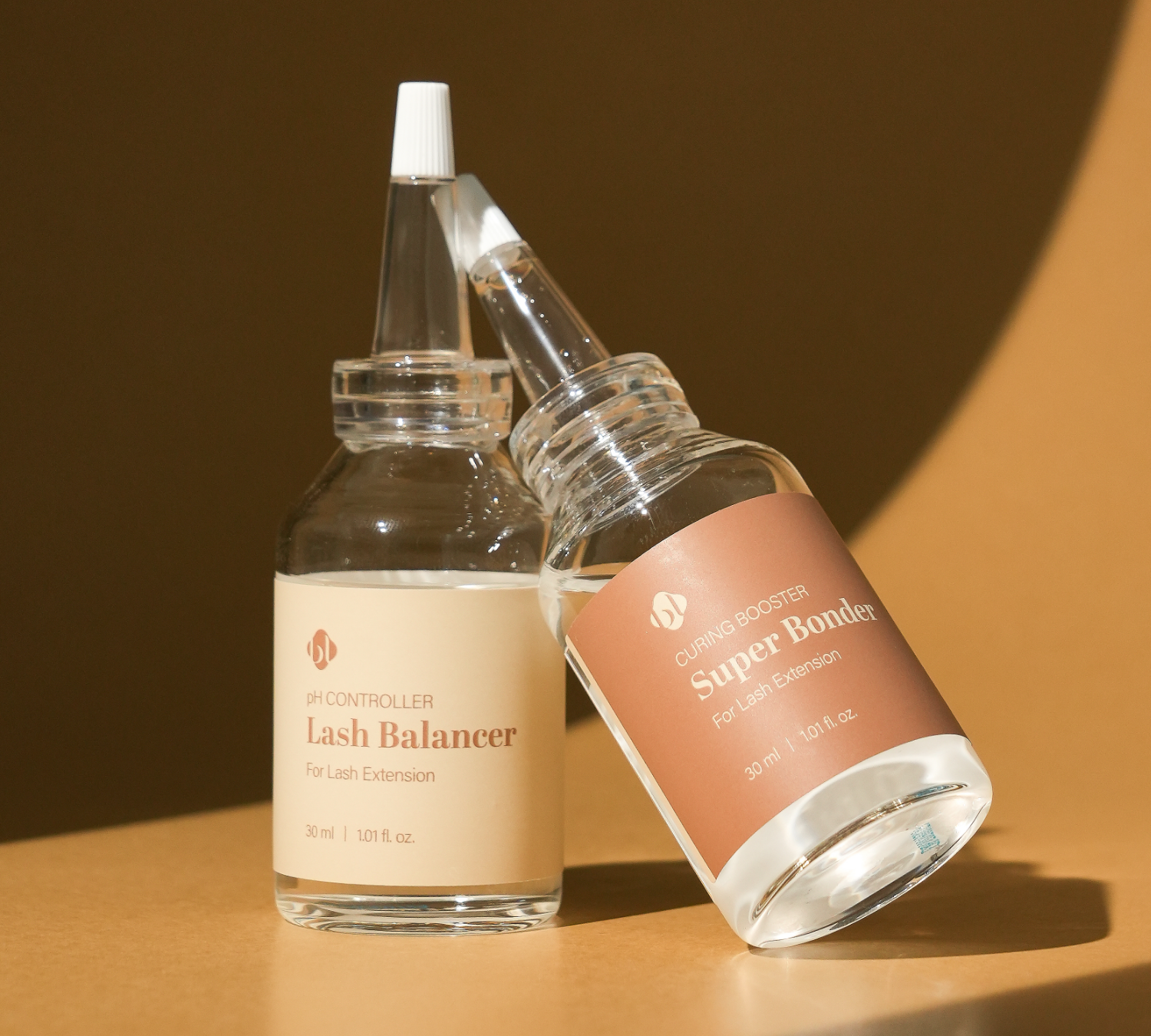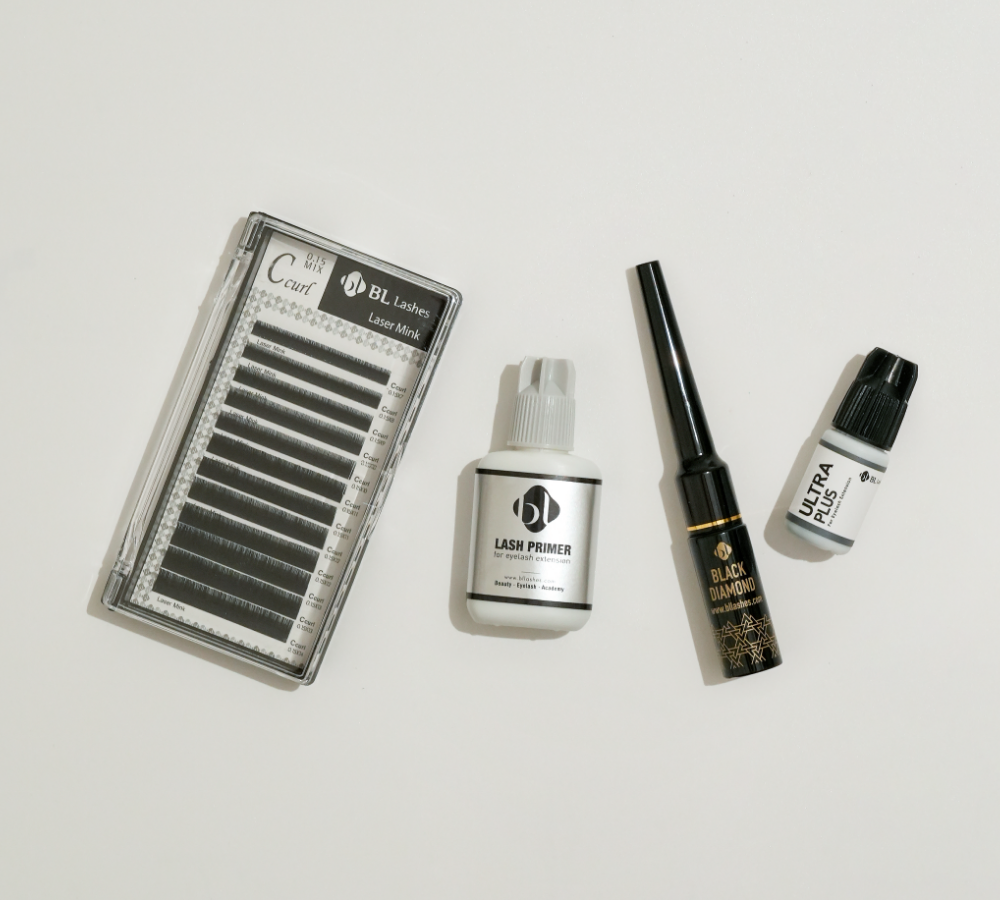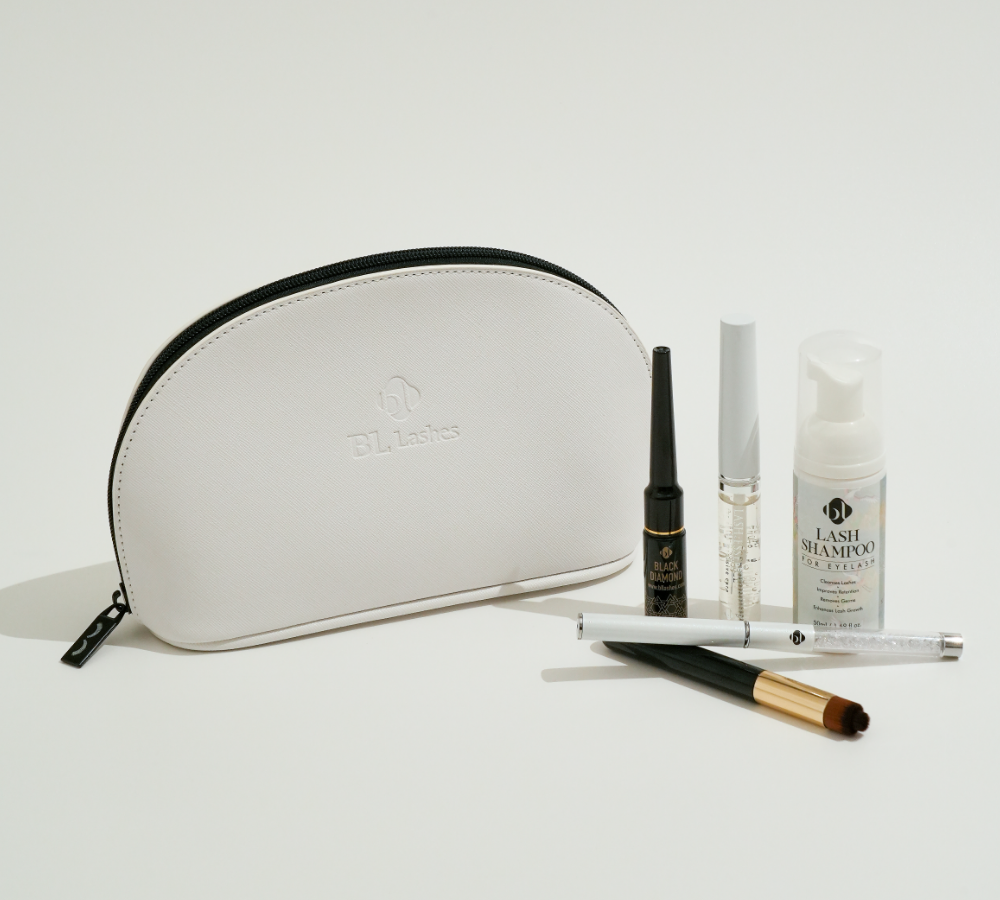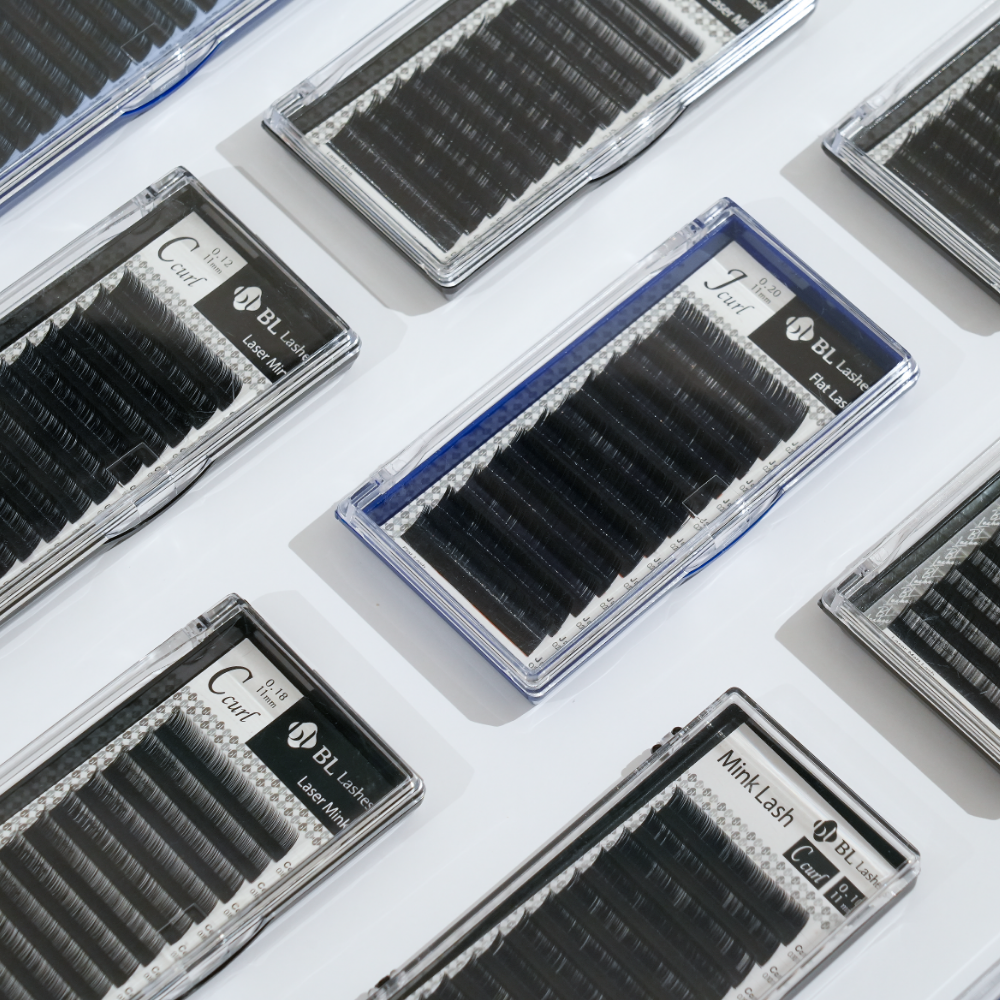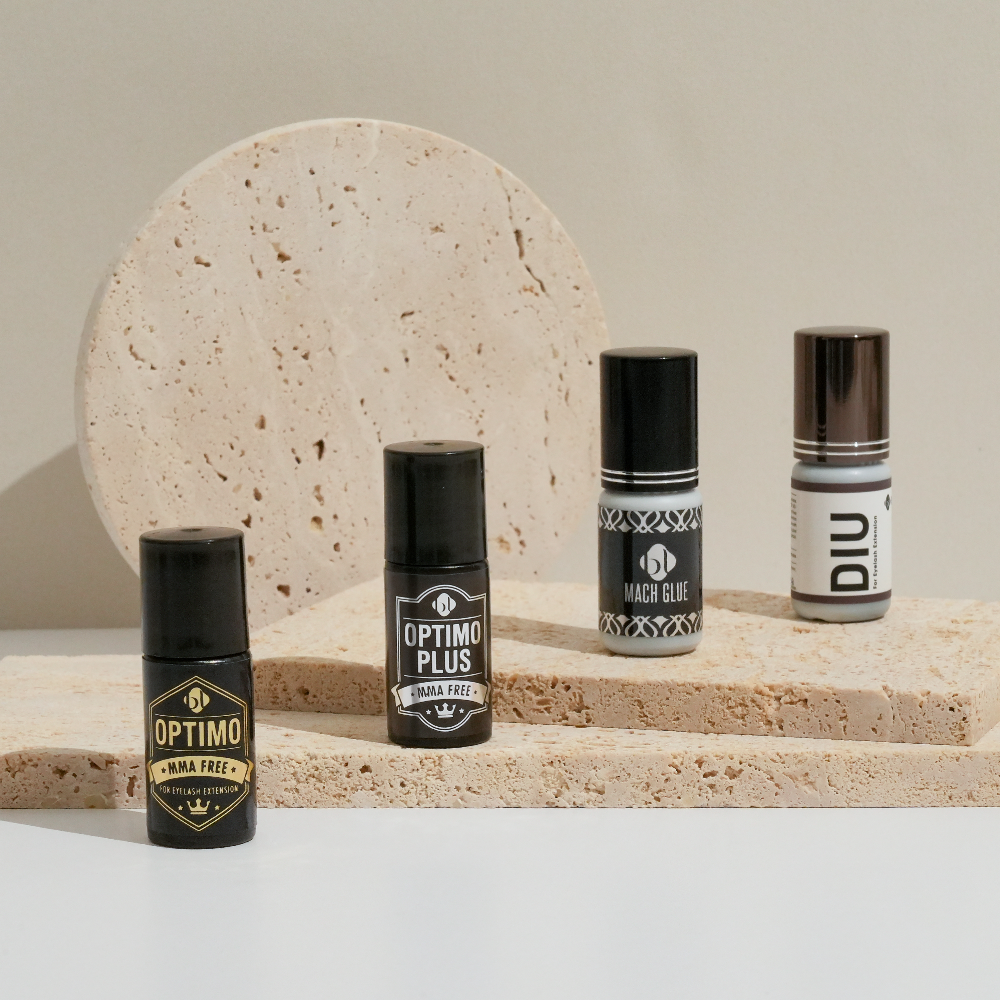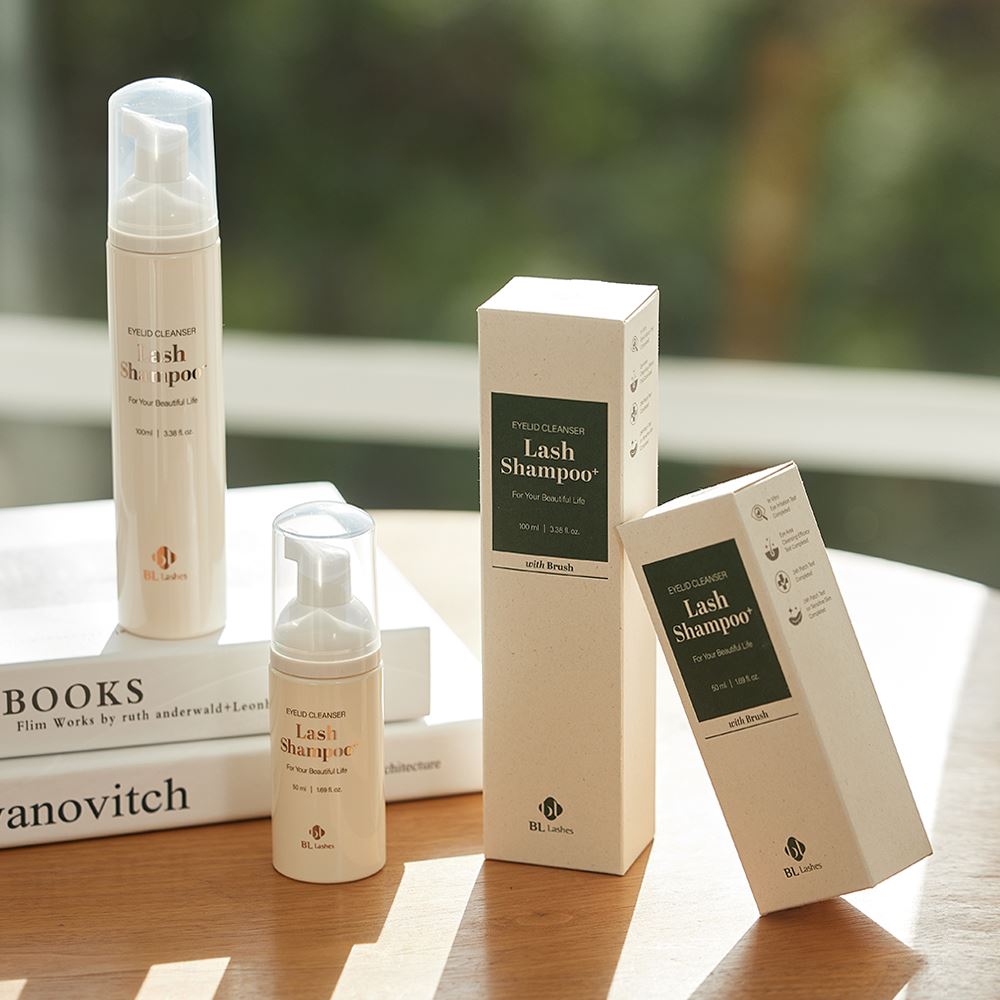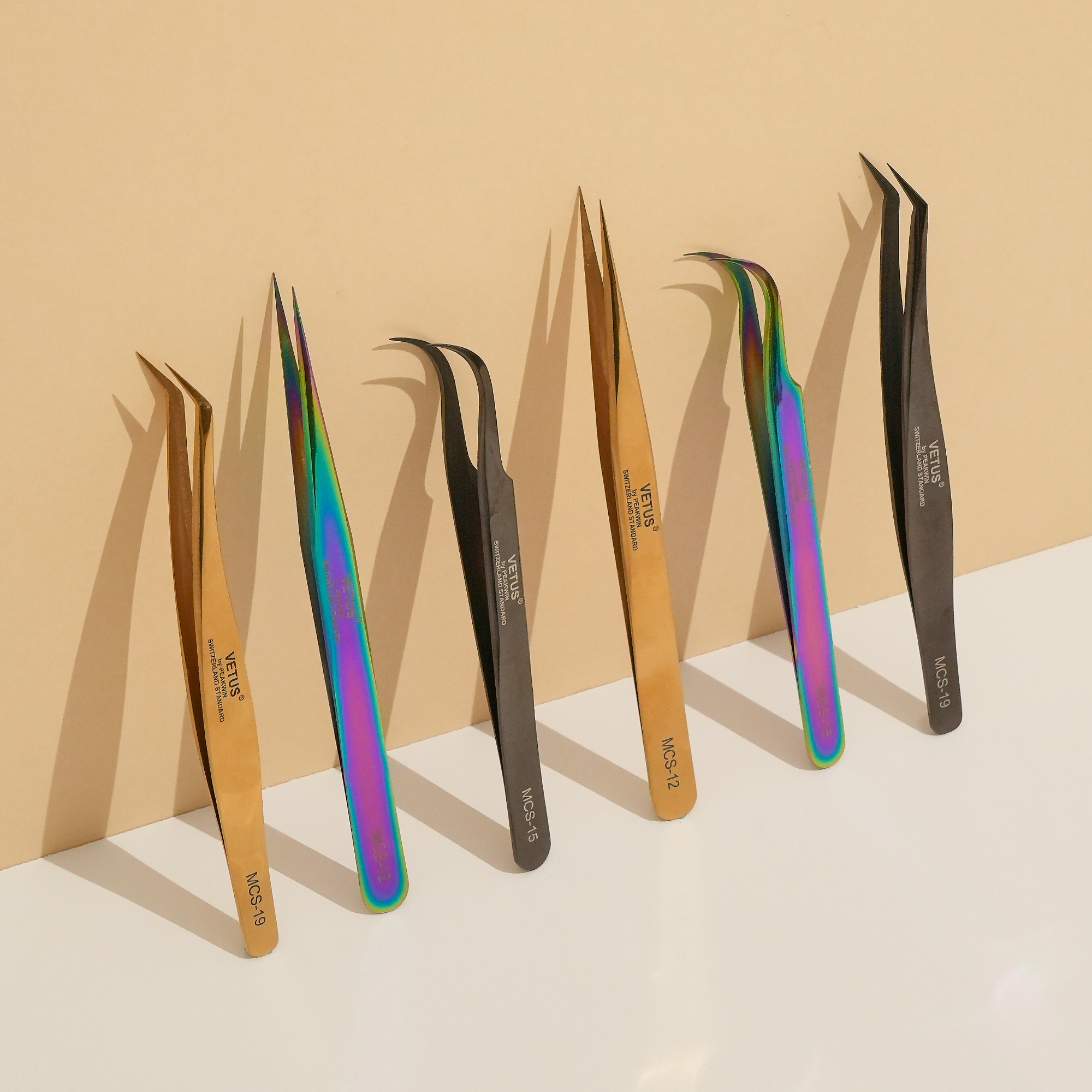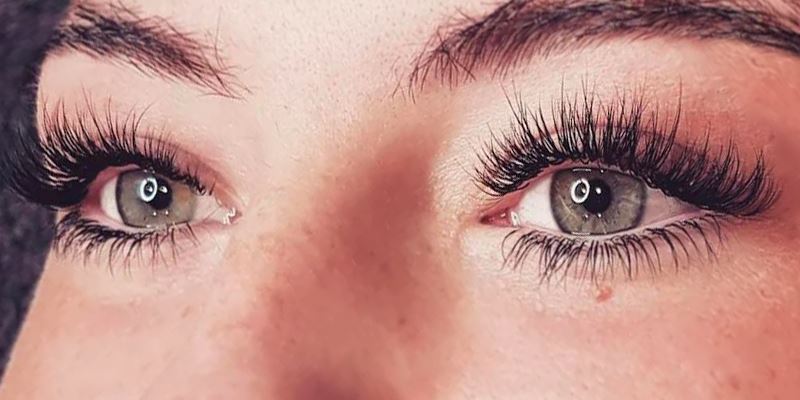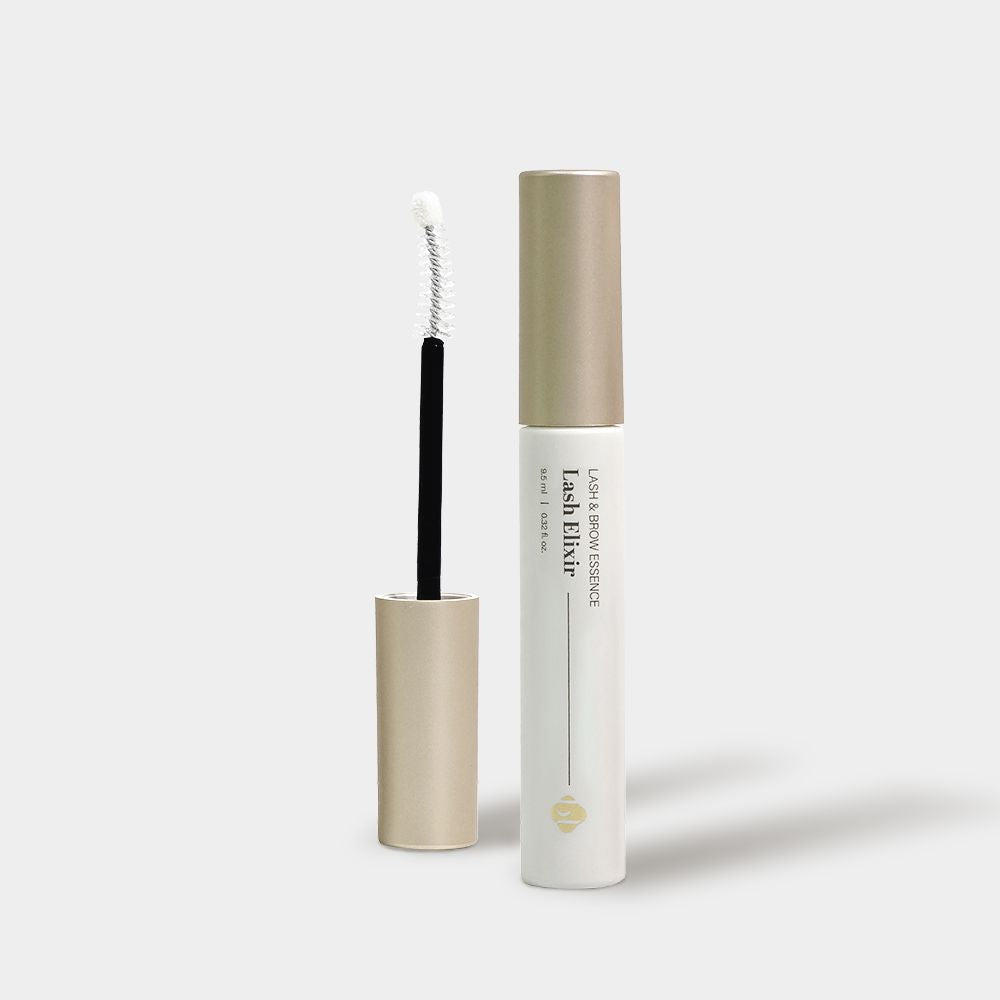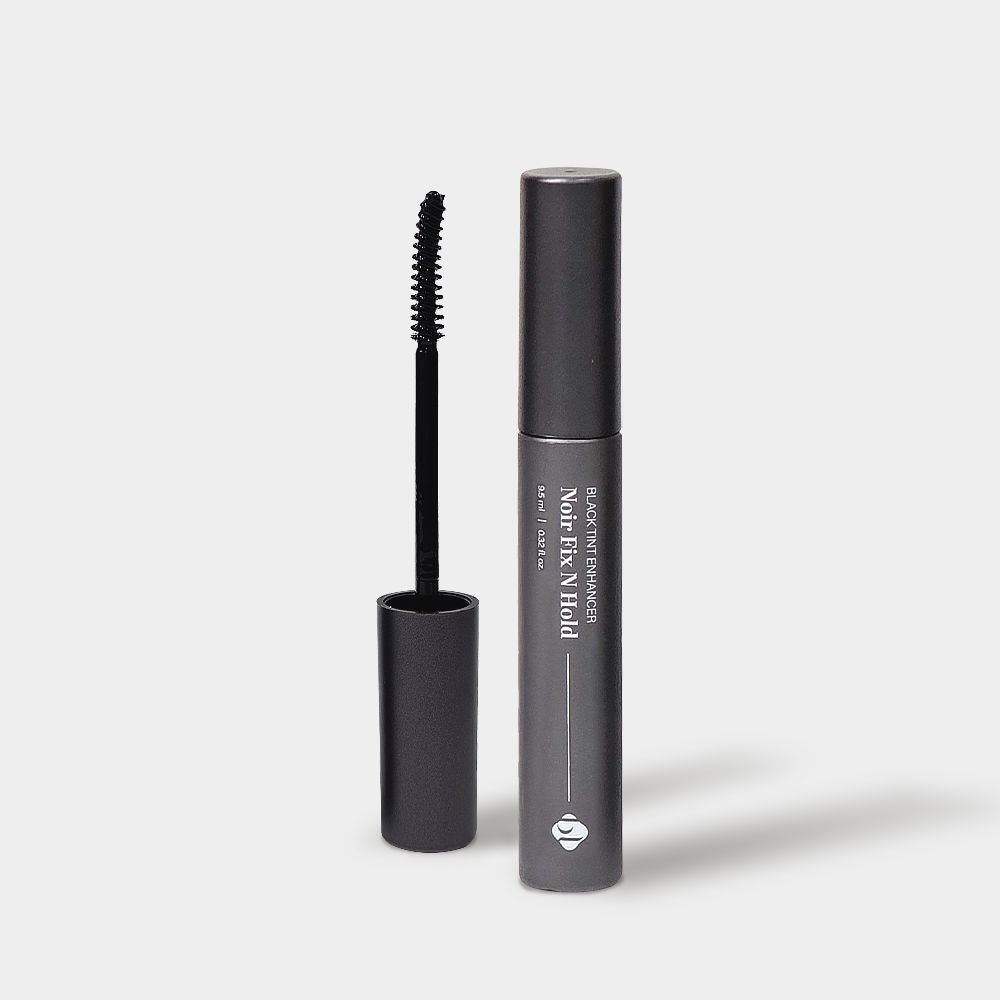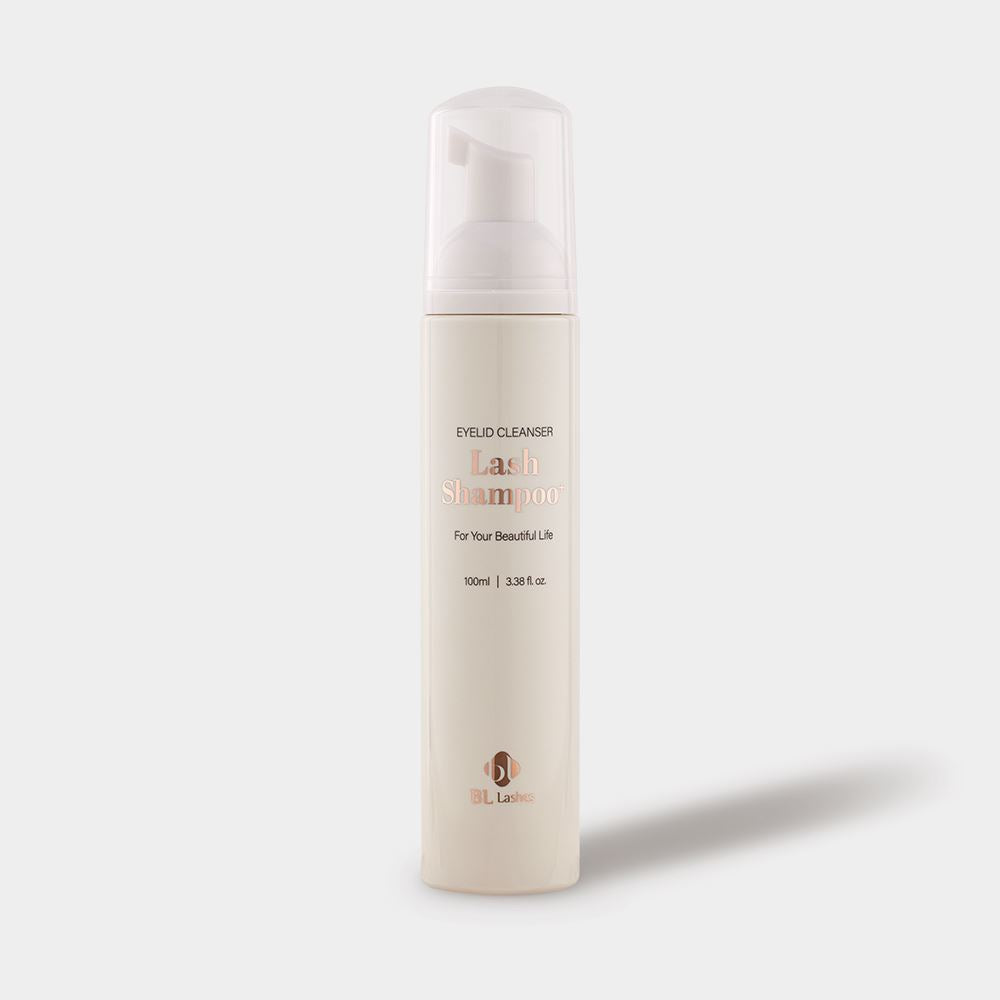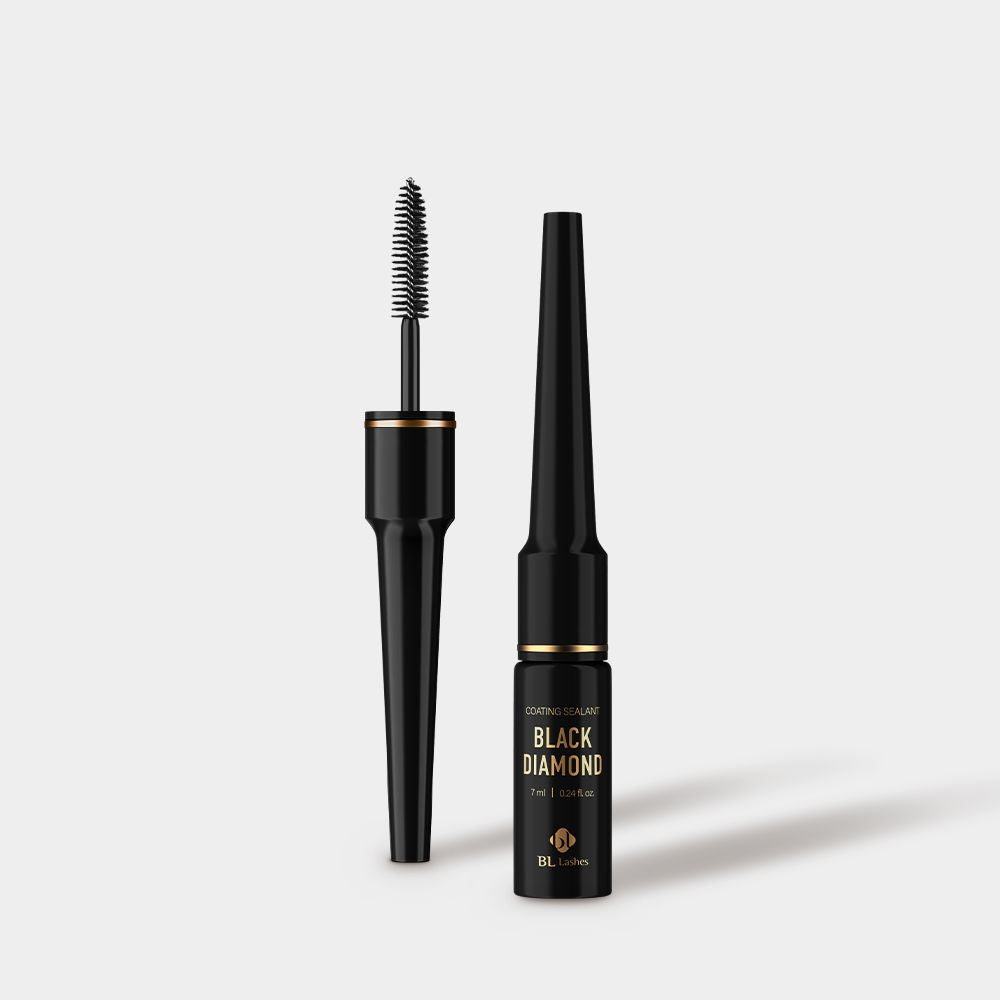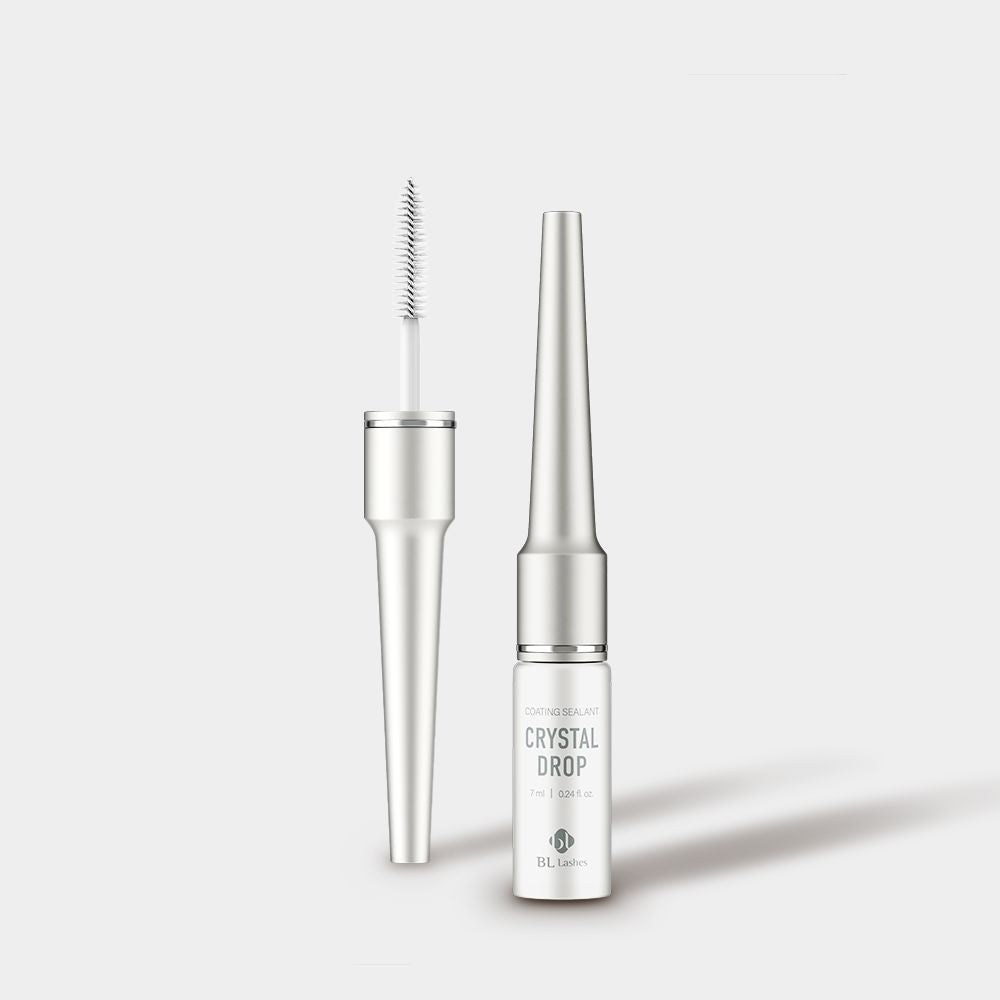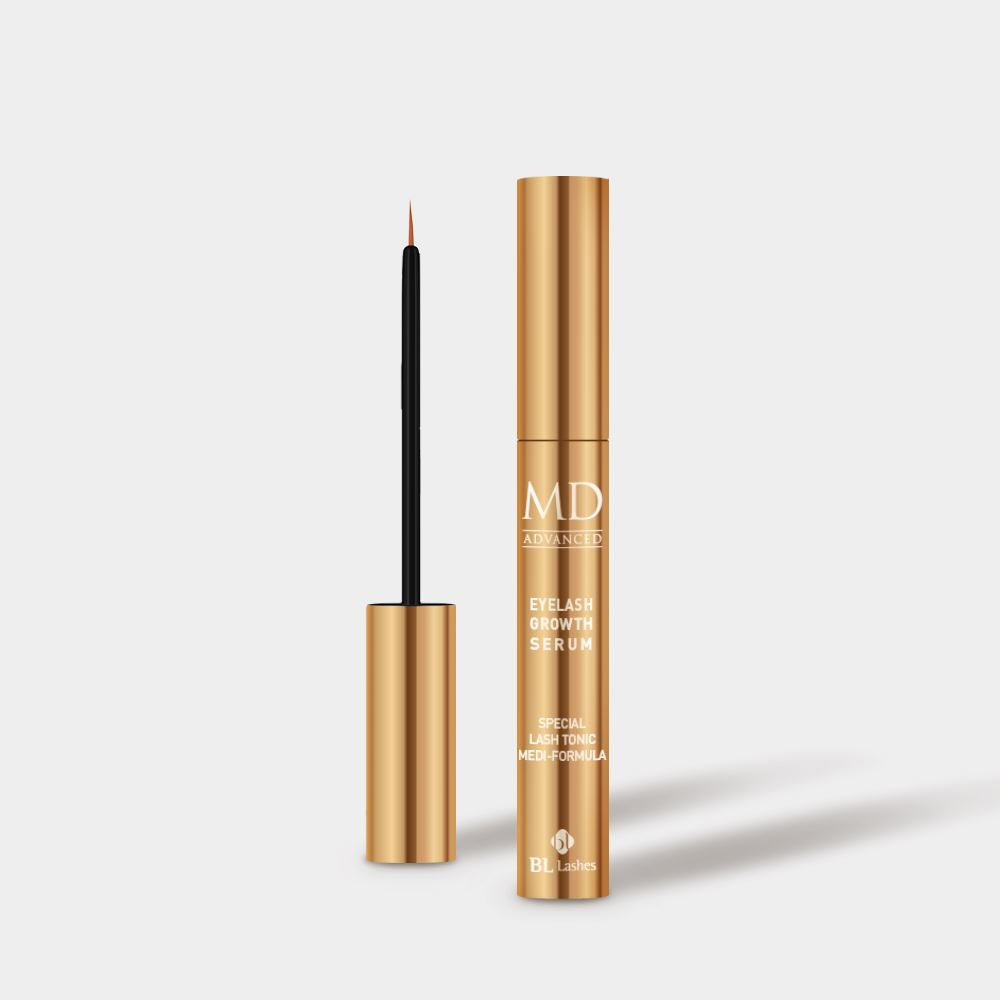Are your lash clients suffering from lash extension retention issues lately? You’re not the only one experiencing it! An increasing number of lash artists have reported terrible lash retention lately, especially since the reopening of salons following the pandemic lockdown.
We’ve all waited so long to get back to our work, and now clients are complaining about early lash fall (which we have to fix for free!) and bookings are just lining up. It’s so frustrating!
Okay. We’re here to help you. Let’s put our emotions aside and solve this lash room mystery.
Here is a list of the potential culprits of premature lash fall and how we can tackle them. Go through this list and eliminate your risk elements one by one.
In this post, we will cover the potential reasons why lash extensions don’t last long these days and how we can solve them:
- Lash clients wearing a mask during the lash application
- Cleansing products and retention
- Is your lash extension glue expired?
- Final checklist for long-lasting eyelash extension retention
How wearing a mask affects the retention of eyelash extension
A major change in the lash room scene during and after COVID-19 is that now our clients are required to wear a mask during the application. This one thin sheet of fabric has become an enemy in lash extension retention.
Here is why a client wearing a mask could affect lash retention: the client’s breath affects the lash glue.
Why? Without a mask, the client would breathe normally, and their breath would spread out into the room. However, now with the mask over the client’s mouth, their breath goes in an upward direction and spreads all over the eye area while you are applying eyelash extensions on them.

Breath is basically hot air. And blowing hot air into lash extensions means adding an exponential amount of humidity to lash extension glue.
High humidity speeds up the drying speed of lash extension glue
High humidity in the air makes your eyelash extension glue cure much faster than you planned. As we explained in our previous post, Eyelash extension glue and humidity, high humidity in your lash room can cause several issues like shock polymerization, poor attachment, and bad placement of lash extensions.
The biggest issue of lashing in high humidity is that the glue on the lash extension will start curing much faster before being applied on the natural lash, and the glue will be already half-dried before it fully adheres.
It may still allow you to adhere an extension lash to the natural lash, but the extension is likely to fall out prematurely.
How to minimize the damage
First of all, even though this is very frustrating, for everyone’s sake you must ask the client to keep the mask on during the lash appointment. Meanwhile, we found this simple taping method to be quite effective.
Tape down the upper part of the mask using Micropore tape to close down the gap, like in the below picture.

You can also add a sheet of tissue over the mask and tape down the gap (while the client is still wearing the mask underneath) so that you don’t damage the client’s mask when you remove the tape.

In addition to this, to lower the humidity, follow these guidelines:
- Dip glue from a glue palette instead of a glue ring
- Use a dehumidifier, fan, or air conditioner
- Place moisture absorbers in your lash room
- Ventilate often
Use a slower drying lash extension glue
If you’re used to using a 1- to 2-second drying glue, in high humidity it will dry in less than 1 second. If this drying speed is too fast and causes retention issues, choose a slightly slower glue, like Ultra Plus Glue with a 3- to 4-second drying time.

Cleaning products can cause bad retention, too
Since reopening, we all have been sanitizing and sterilizing the lash room like crazy. But we bet nobody told you some cleaning supplies you use could cause bad retention. Cyanoacrylate, the main ingredient of eyelash extension glue, is famously known to react to humidity.
What many lash artists don’t know about that is that cyanoacrylate also cures more rapidly in the presence of a substance with a high pH.
To name a few, some high pH cleaning supplies include bleach, baking soda, and all-purpose cleaners.

On the contrary, cyanoacrylate’s exposure to the low pH chemicals can delay or even STOP the curing process.
Some examples of these are tile cleaners, cleaners used to break down rust, and toilet bowl cleaners. If your glue is just not drying, this could be the reason for it.

These chemical molecules can stay afloat in the air for some time and will all affect your adhesives’ performance. Our advice? Research your salon cleaning supplies and learn more about their pH levels to help troubleshoot your retention issues.
And ventilate, ventilate, ventilate!
Is your lash extension glue expired?
Have you had to ask yourself lately if your glue is still fresh to use?
If you opened up your glue bottle before the lockdown, throw that bottle away. We’ve set our standard expiration date for lash extension glue to be as follows:
- 3-6 months (unopened)
- 1 month (once opened)
The reason we can only give this span of 3-6 months is that the shelf life of your lash glue massively depends on three factors: 1) When the glue was manufactured, 2) When the glue was opened for the first time, 3) How the glue is stored.
Knowing when your glue was manufactured holds a key to understanding the bad performance of your glue. How do you know if your glue is fresh or not? Check out How long can lash glue last for more information.
Checklist for improving retention: post-corona edition
- Check the humidity & temperature every day. The optimal humidity is 45-60% and temperature is 20-26°C. If the humidity is lower, it will dry slower. If it is over 60%, it will dry very fast.
- Tape down the client’s mask to prevent the breath affecting the lash glue.
- Be mindful about using chemical cleaning supplies.
- Buy a new lash extension glue if it’s expired.
- Ventilate, ventilate, ventilate!
Have any questions? Please don’t hesitate to contact us at info@bllashes.com
Healthy lashing, everyone!
This blog is protected by copyright law. Reproduction or rewriting without permission is strictly prohibited.
Further reading:
Free download: COVID-19 lash client consent form
How to properly care for lash extension glue?


